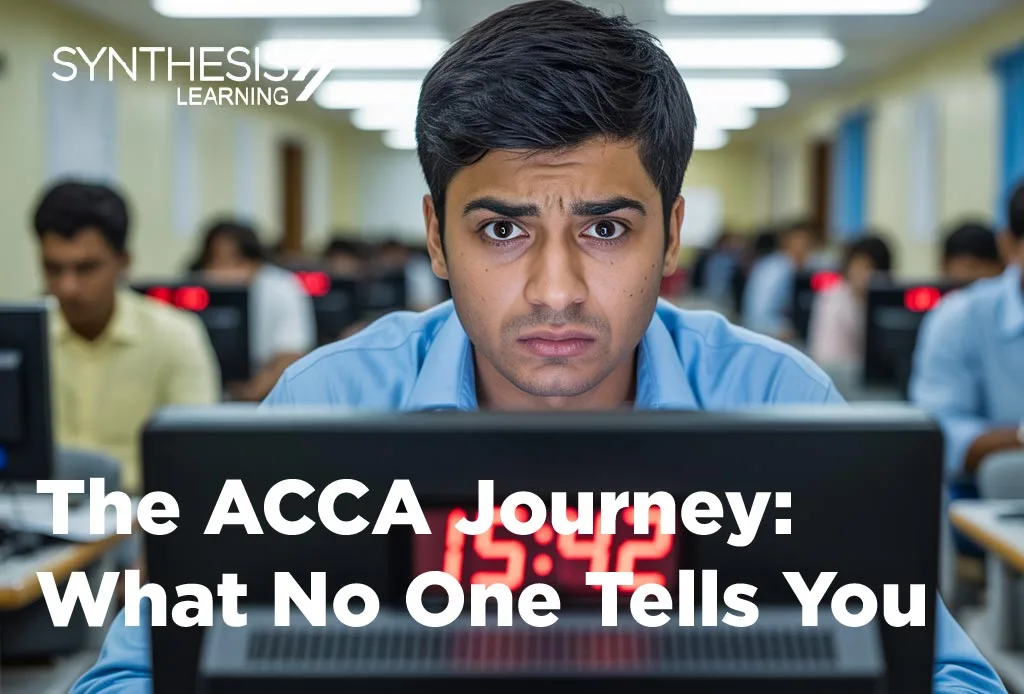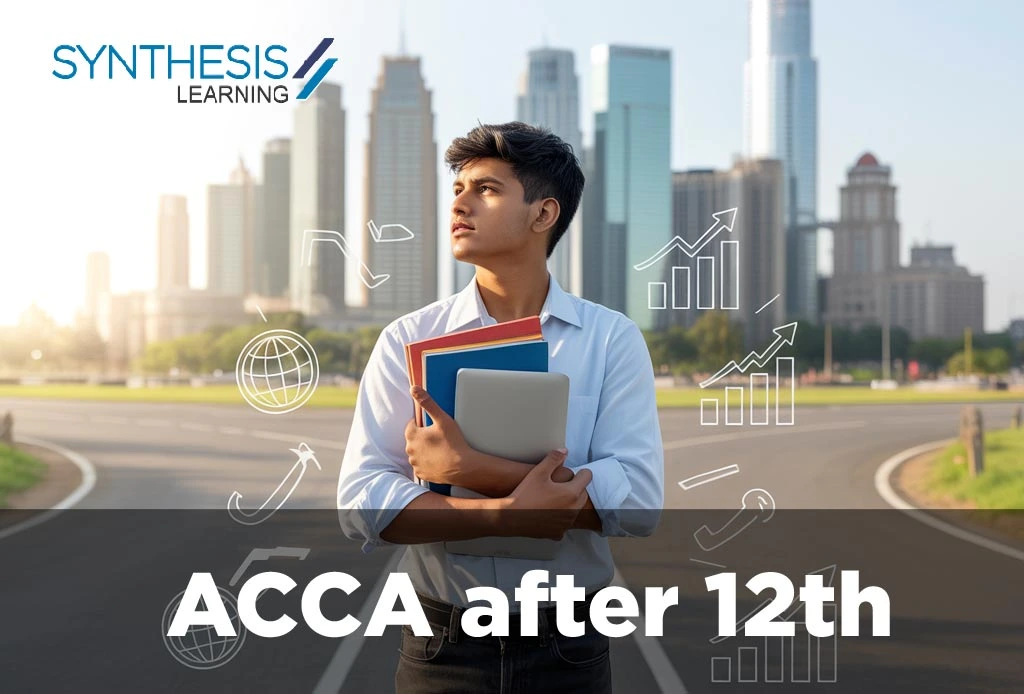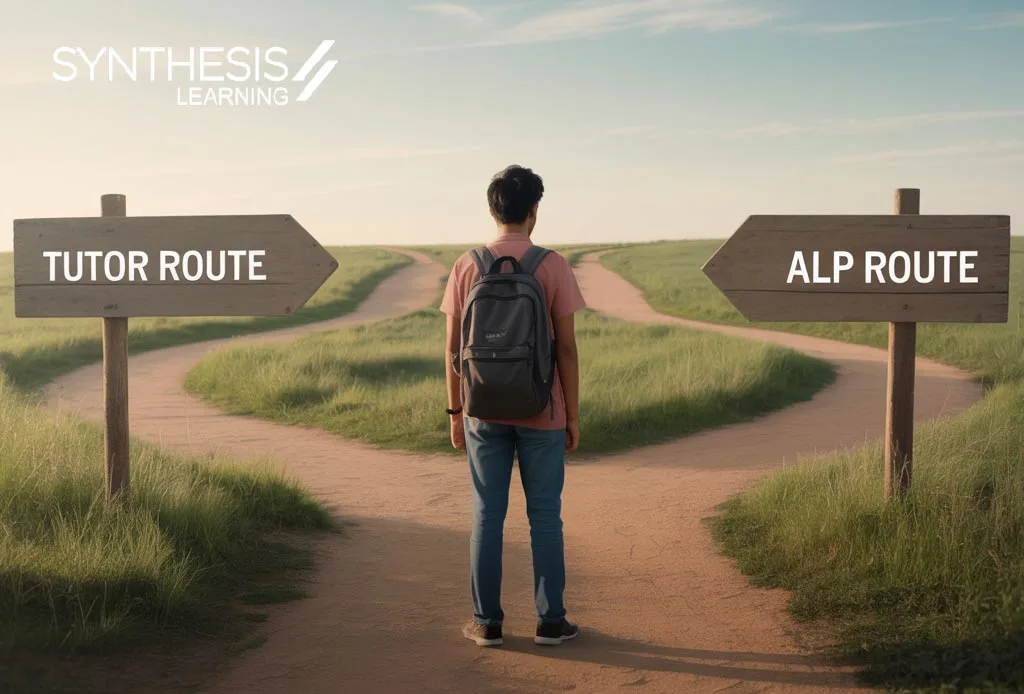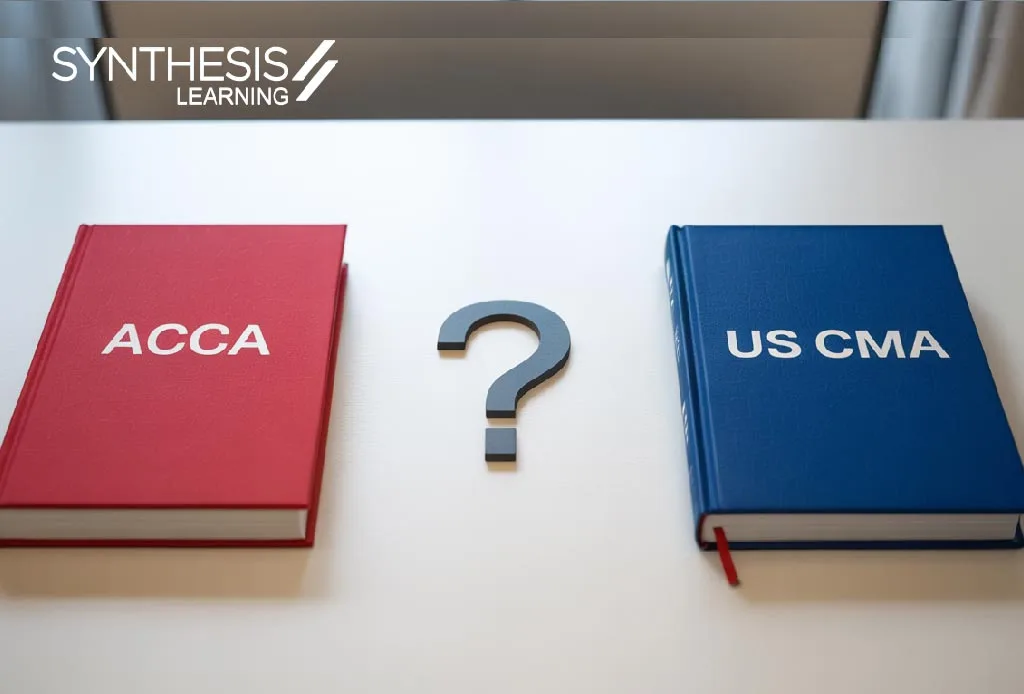What No One Tells You About the ACCA Journey – Real Struggles, Real Solutions
Because the hardest part isn’t always the syllabus – it’s everything around it.
Preparing for the ACCA isn’t just about mastering accounting standards or memorising IFRS numbers. It’s about managing your mind, time, and energy while chasing a qualification that demands global-level precision.
Every student, whether in college, working full-time, or switching careers, faces moments of frustration, burnout, and self-doubt. But what separates successful candidates isn’t that they never struggle; it’s that they learn how to handle those struggles better.
Let’s walk through the real journey from preparation to exam day to post-result reflection and explore what truly happens behind the scenes, and how you can handle it like a pro.
PREPARATION PHASE
1. The Planning Paradox: When Motivation Meets Mismanagement
You begin your journey with enthusiasm, a perfect timetable, detailed notes, and strict goals. Then life steps in. College projects, office deadlines, fatigue, and distractions quickly derail your perfect plan.
Most students underestimate the syllabus depth and overestimate their free time. The result? Anxiety peaks near exams, and meaningful revision gets replaced by rushed reading.
Mentor Tip: Don’t aim for perfection; aim for sustainable progress.
Set smaller weekly targets and build momentum gradually. A flexible, forgiving plan beats a rigid one. The best candidates aren’t the fastest, they’re the most consistent.
2. The Self-Study Trap: When Too Many Resources Create Too Little Clarity
In today’s digital world, ACCA students have access to endless resources – YouTube lectures, Telegram notes, PDFs, free question banks, and tutor channels. It feels like a blessing until it turns into a maze.
Switching between different tutors, notes, or study materials may feel productive, but it actually fragments your understanding. Each teacher has a slightly different approach, leaving you uncertain about which method or concept to trust.
That’s why the smartest students commit to a single, structured learning partner, one that provides not just study material but also clarity, mentorship, and accountability. Having one trusted system saves mental energy and keeps your focus on progress, not on decision fatigue.
Mentor Tip: Choose one path and follow it through.
A strong foundation is built on depth, not duplication. The right mentor can simplify complex concepts, curate the right resources, and keep you aligned with the exam’s logic.
You don’t need a hundred videos; you need one strategy that works.
3. The Silent Burnout Zone
Midway through preparation, enthusiasm starts to fade. Topics that once felt exciting now feel heavy. You sit down to study, but can’t concentrate. Guilt creeps in — “I should be doing more.”
This isn’t laziness; it’s burnout. Your brain can’t absorb endlessly.
Mentor Tip: Treat rest as part of your study plan, not a reward.
Use the 50-10 rule study for 50 minutes, recharge for 10. Move, stretch, breathe.
Learning happens not just through focus, but through recovery.
4. The Isolation Loop
The ACCA journey often feels like walking a road few understand. Friends may not relate, family may not grasp the global nature of the course, and study hours can stretch into lonely nights.
Over time, isolation can blur motivation.
Mentor Tip: Find your study tribe.
Join a peer group, mentorship circle, or a community of learners with shared goals.
Accountability doesn’t add pressure; it gives perspective. Every strong candidate has had a support system behind them.
5. The Awareness Gap
Many students miss easy marks simply because they skip what’s freely available: examiner reports, technical articles, and marking guides. These documents literally reveal how examiners think, yet few students read them.
Mentor Tip: Make examiner insights part of your preparation ritual.
Review one examiner’s report before each attempt. Identify recurring patterns, common mistakes, frequently tested topics, and marking preferences.
That’s how you study smart, not just hard.
EXAM PHASE
6. The CBE Reality Check
ACCA’s computer-based exam platform is fantastic, but only if you’re familiar with it.
Students who don’t practise on it often waste time formatting answers or switching between tasks, losing precious minutes.
Mentor Tip: Practise like you perform.
Use the ACCA Practice Platform before every paper. Practice mock papers, specimen papers and get comfortable with the layout, tools, and shortcuts.
Once your hands know what to do, your mind can focus on thinking, not clicking.
7. The Laptop-to-Keyboard Shock
This one surprises many.
On exam day, most students face bulky desktop systems with unfamiliar keyboards. The keys feel stiff, the typing speed slows down, and sometimes a faulty key demands an invigilator’s help.
Mentor Tip: Simulate the real exam setup.
Practise your mocks on a desktop keyboard instead of your laptop.
A small adjustment today can prevent panic on the big day.
8. The “I Knew It, But I Froze” Moment
You’ve studied for months, but when the timer starts, your mind blanks. That’s your body reacting to pressure. The exam hall feels more like a battlefield than a classroom.
Mentor Tip: Train for pressure.
Attempt at least two timed mocks under realistic conditions clock visible, mild background noise, and no interruptions.
When you rehearse discomfort, your brain stops fearing it.
POST-EXAM PHASE
9. The Post-Exam Emotional Hangover
After the paper, silence hits. You replay every answer, doubt every calculation, and scroll through discussion groups for reassurance. Then comes the result day, and the comparison spiral begins.
Mentor Tip: Don’t measure progress by marks alone.
Every result, pass or fail, gives you data. Reflect, adjust, move forward.
Your journey doesn’t end at 49; it resets stronger.
10. The Balancing Act (Life, Work, and Everything Else)
For working professionals and college students alike, ACCA prep sits on top of everything — job targets, projects, family, fatigue. It’s a tightrope walk.
Mentor Tip: Forget balance, build alignment.
Study when your focus is sharpest. Automate routines. Protect your energy like it’s part of your syllabus.
Progress isn’t about having more time; it’s about using the right time better.
THE BIGGER PICTURE
Every ACCA aspirant faces challenges, confusion, burnout, and fear.
The difference between those who make it and those who quit lies in perspective. Once you stop fighting the process and start managing it, everything changes.
Each frustration, each late night, each setback is teaching you something bigger than the syllabus – discipline, resilience, and calmness under pressure.
You’re not just preparing for exams, you’re preparing for a global career.
And the way you handle this journey will shape the kind of professional you become.
Final Word from the Mentors
At Synthesis Learning, we’ve seen thousands of ACCA aspirants face these same hurdles and overcome them with the right structure and guidance.
The pattern is universal: once you combine mentorship with consistency, what once felt impossible starts feeling achievable.
So if you ever feel stuck, remember you’re not behind, you’re becoming.
Take one small, steady step at a time, and let clarity replace chaos.
And if you ever need mentors who’ve walked this exact path, we’re right here, ready to guide you.











